MISHAL IN COLLABORATION WITH JOURNALISM SCHOOLS TO LAUNCH KNOWLEDGE EMPOWERMENT INITIATIVES IN PAKISTAN.
MISHAL CELEBRATES 12 YEARS OF CREATING SHARED VALUE FOR MEDIA DEVELOPMENT AND JOURNALISM EXCELLENCE.
Islamabad, PK – 30 October, 2015 – Mishal has created a unique model in Pakistan for private businesses to play their role as social enterprises, working to improve the human security and dignity through knowledge empowerment and information management. Mishal has a vision for making knowledge as a primary resource for decision making for all its stakeholders including the policy makers, businesses and the information consumers.
Mishal’s foremost domain of activity is strategic communication with a spotlight on media development, behavior change communication, perception building and future scenario predictions using methodologies and resources that service the lifestyle and social needs of individuals, their families, the communities they live in and ultimately their larger domains.
On the twelfth anniversary of Mishal’s formation Amir Jahangir, founder and Chief Executive Officer of Mishal Pakistan said, “Our research and media development initiatives have built the capacity of thousands of journalists and media professionals across Pakistan in the last twelve years”. He further said, “Under our creating shared values initiatives, Mishal is working closely with the leading research and academic institutions to develop interventions to improve the human capital and industry standards through knowledge-based initiatives”. This involves building a network of more than fifteen journalism schools across Pakistan for human resource development in the media industry. Mishal has plans to launch journalism scholarships, research initiatives for better industry-academia linkages and gold medal recognition in research and academic excellence for the students, researchers and professionals.
Mishal Pakistan is the partner institute of the Center for International Media Ethics and in collaboration with its international partners have successfully created appreciation mechanisms for ethical and quality journalism in the country. Mishal assists the forum in creating soft-data on Pakistan, identifying Pakistan’s competitiveness challenges including primary health & education and higher education.
Mishal’s initiative of Media Credibility Index and the annual AGAHI Awards to celebrate journalism excellence have been benchmarked by international media development organizations in other countries as well. Mishal will also be expanding its initiative of the TRUST Gold Medal recognition for the best public interest communication campaigns in the country.
Mishal is the country partner institute of the Center for Global Competitiveness and Benchmarking Network of the World Economic Forum. Mishal’s research and capacity building initiatives have assisted and helped successive governments to improve Pakistan’s global ranking on competitiveness, gender gap, trade and information technology indices.
Mishal Pakistan with academicians and researchers produced a literature review in 2014 assessing an overarching complexity and trivial underlying causes that has subjugated the communities to an idealistic narrative on education. The study witnesses “Education Governance and Accountability” as the most underreported area in the media. While the literature reviewed does speak volume of increasing public spending on education little does it discuss the possible Educational Governance Models. The study identified media and policy makers’ understanding-gap in terms of the importance of education in media.
Mishal is proud to serve the citizens of Khyber Pakhtunkhwa and its representative government through the European Union assisted community driven local development (CDLD) initiatives. More than 30 experts from Mishal are building the capacity of the Khyber Pakhtunkhwa government in the Malakand division for social development and economic uplifting of the people and region.
Established in 2003, Mishal has been engaged with some of the most dynamic organizations, including media enterprises and global development agencies helping them develop their communication strategies and solutions for better understanding and creating synergies with their concerned stakeholders.

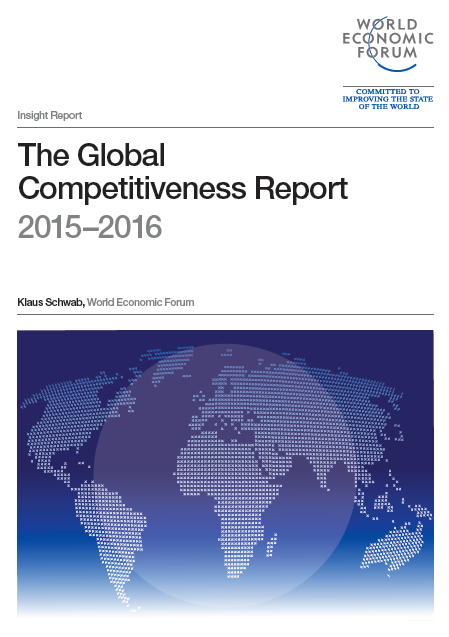

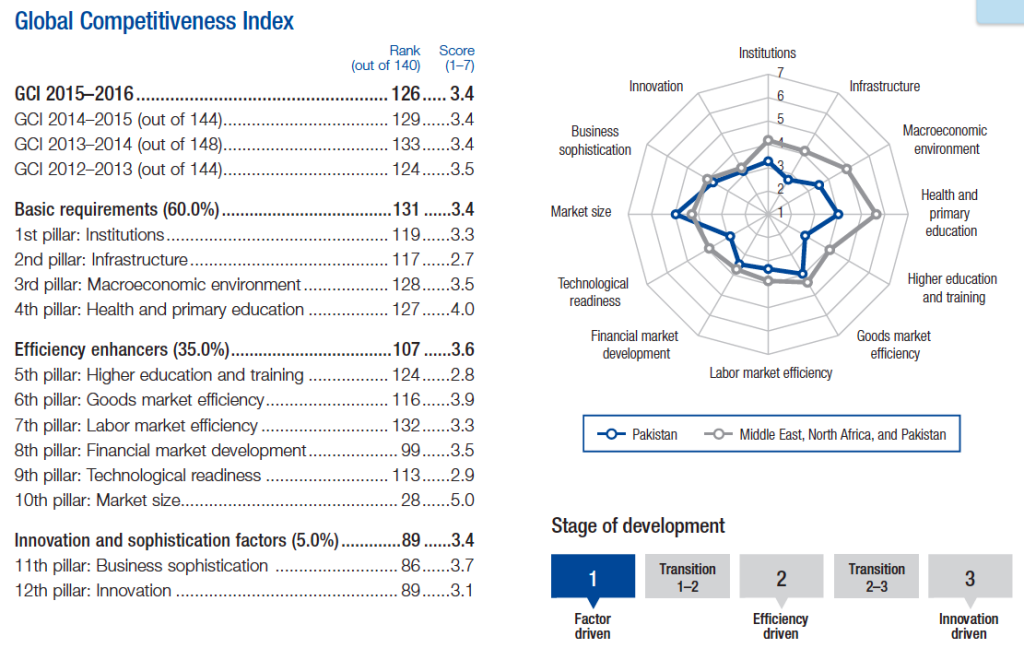
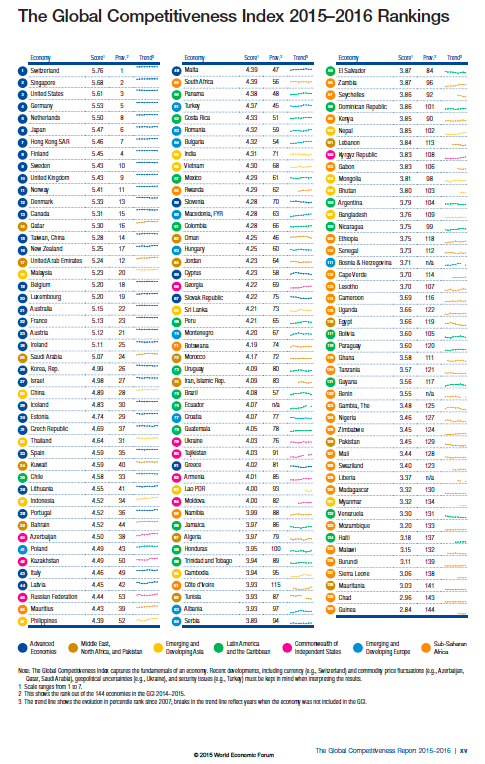
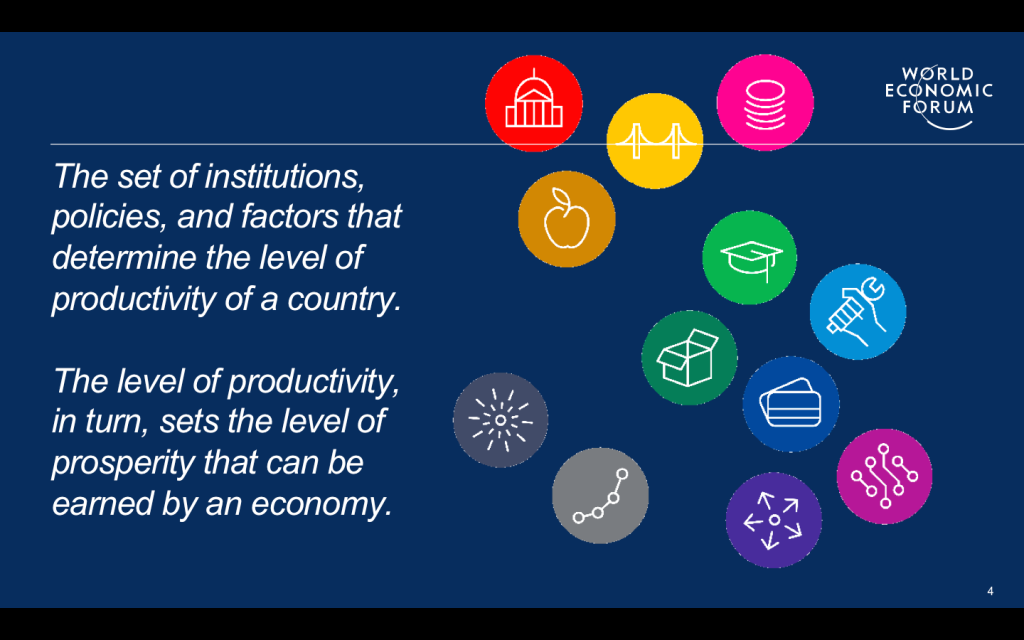



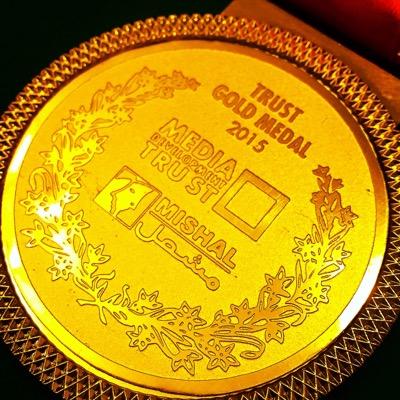


.jpg?resize=326%2C245)






.jpg?resize=324%2C243)





.jpg?resize=321%2C241)


















.jpg?resize=319%2C239)



.jpg?resize=318%2C238)



